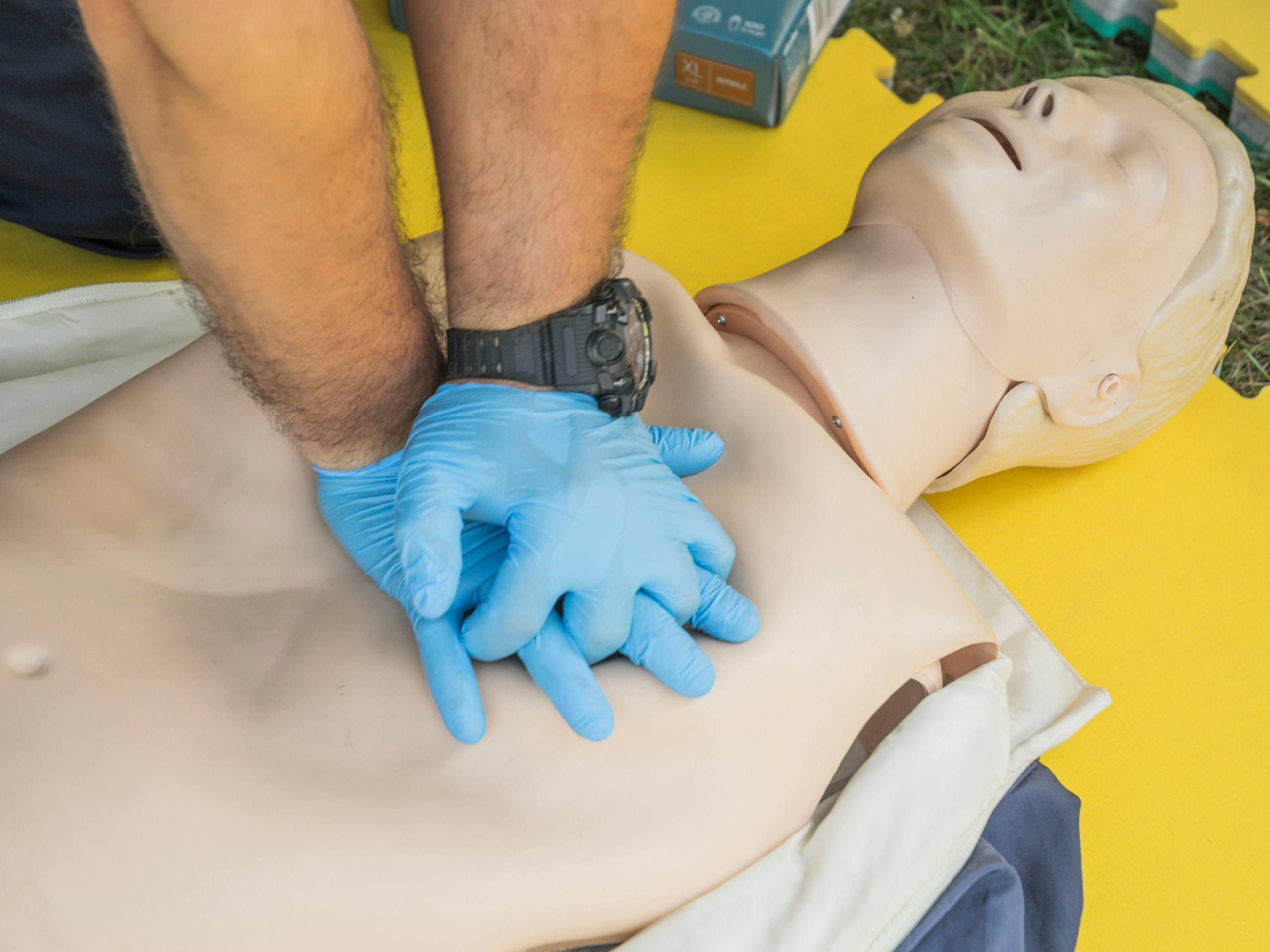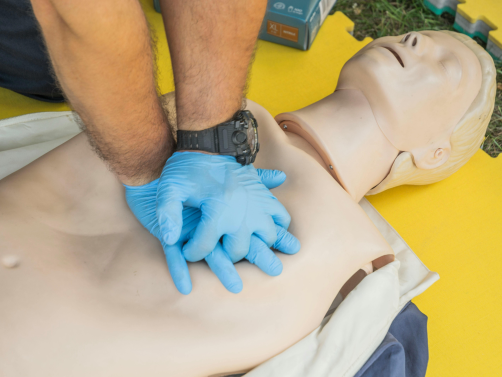When it comes to CPR (Cardiopulmonary Resuscitation), misinformation is everywhere. These myths can prevent people from stepping in to help when every second counts. At Survival CPR, we believe knowledge is power—and in this case, it could be life-saving.
Separate fact from fiction and empower yourself to act confidently in an emergency.
Busted with the Facts That Matter
Myth #1: “CPR is only for medical professionals.”
- Fact: Anyone can learn and perform CPR — and everyone should! You don’t need to be a doctor or nurse to make a difference. In fact, bystanders who take action before paramedics arrive can double or even triple a person’s chance of survival.
Myth #2: “You might hurt the person if you do CPR incorrectly.”
- Fact: Doing something is always better than doing nothing. While it’s true that CPR can sometimes result in cracked ribs, that’s a small price to pay for saving a life. When someone’s heart has stopped, they’re already in a life-threatening situation—your efforts could be the reason they survive.
Myth #3: “If someone is breathing, they don’t need CPR.”
- Fact: Not always true. Some cardiac arrest victims might gasp or exhibit irregular breathing (agonal breathing), which can be misleading. If a person is unresponsive and not breathing normally, it’s time to start CPR.
Myth #4: “Mouth-to-mouth is always required.”
- Fact: Not anymore! For adult cardiac arrest victims, hands-only CPR (just chest compressions) is proven to be highly effective and is now recommended by many emergency response guidelines. Mouth-to-mouth is only necessary in certain cases like drowning or for children.
Myth #5: “Once CPR is started, you can’t stop.”
Fact: You can and should stop CPR when:
- The person shows signs of life
- A trained professional takes over
- You are physically unable to continue
CPR isn’t about perfection—it’s about action.
The more people who understand the truth about CPR, the more lives we can save. Debunking these myths is just the first step. Consider taking a certified CPR course to equip yourself with practical, life-saving skills.
Book your training with Survival CPR today.
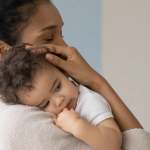
Baby and Child CPR and First Aid Course
Baby & Child CPR and First Aid Course Our Baby and Child CPR and First Aid Course is tailor-made for parents. This vital course will teach a parent how to handle an accident or emergency involving babies and children. You will learn how to handle all First Aid emergencies as

Nanny and Childminder CPR and First Aid Course
Nanny / Childminder CPR & First Aid Course As a parent, it is important that the person looking after your child has the skills to handle an emergency at home. Whether your child is in the care of a nanny or childminder, it’s crucial to ensure they are equipped with

Online Baby & Child CPR and First Aid Course
Online Baby And Child CPR And First Aid Course Empower yourself to handle emergencies with our comprehensive Online Course. Perfect for new and expectant parents, grandparents, childminders, and anyone caring for young ones. Learn crucial First Aid skills and lifesaving CPR techniques led by owner and founder of Survival CPR®,
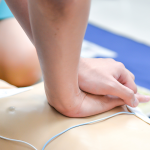
BLS (Basic Life Support) Course
Basic Life Support Course This American Heart Association Course is designed for medical professionals (physiotherapists, chiropractors, homeopaths, doctors, nurses, dentists, pharmacists etc), who are registered with the Health Professions Council of South Africa. Course Cost Members of the public are also allowed to attend this Course R 1450 Acquire10 CPD

Pre-School to High School CPR and First Aid Courses
Pre-School to High School CPR and First Aid Courses Ensure the safety of young lives with our comprehensive CPR and First Aid Course. This vital training is tailored to the unique needs of Preschool, Primary School, and High School staff, empowering them to respond effectively to accidents and medical emergencies.
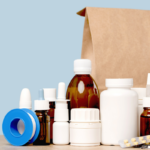
Safe Administration and Storage Of Medications In Schools
Safe Administration and Storage Of Medications In Schools Course This course is tailor-made for the school setting, educators and affiliated staff. You will also learn how to handle certain emergency situations as well as life saving CPR skills. This course is a must for all schools. Enrol now to gain
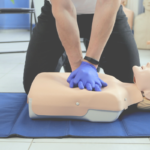
Level 1 First Aid Course
Level 1 First Aid Course Any workplace with more than ten employees must have a trained first aider and first aid supplies on the premises, according to the Occupational Health and Safety Act. We offer you a First Aid accredited Course. Course Cost accredited by HWSETA and aligned to Unit
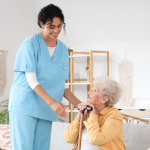
Caregiver Course
Caregiver Course Are you passionate about helping others? Our Caregiver Course equips you with the skills and knowledge needed to provide compassionate care to a diverse range of individuals, including babies, the elderly, patients with Alzheimer’s or dementia, the terminally ill, paraplegic individuals, stroke survivors, and so much more. Course
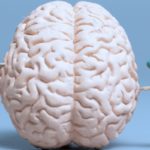
The Importance of learning First Aid if your child has a brain injury
As parents, our greatest wish is to provide our children with a safe and nurturing environment, ensuring they have the opportunities and care we may not have experienced ourselves. We navigate through their milestones, holding their hands as they learn to walk, climb, and explore the world around them. However,

